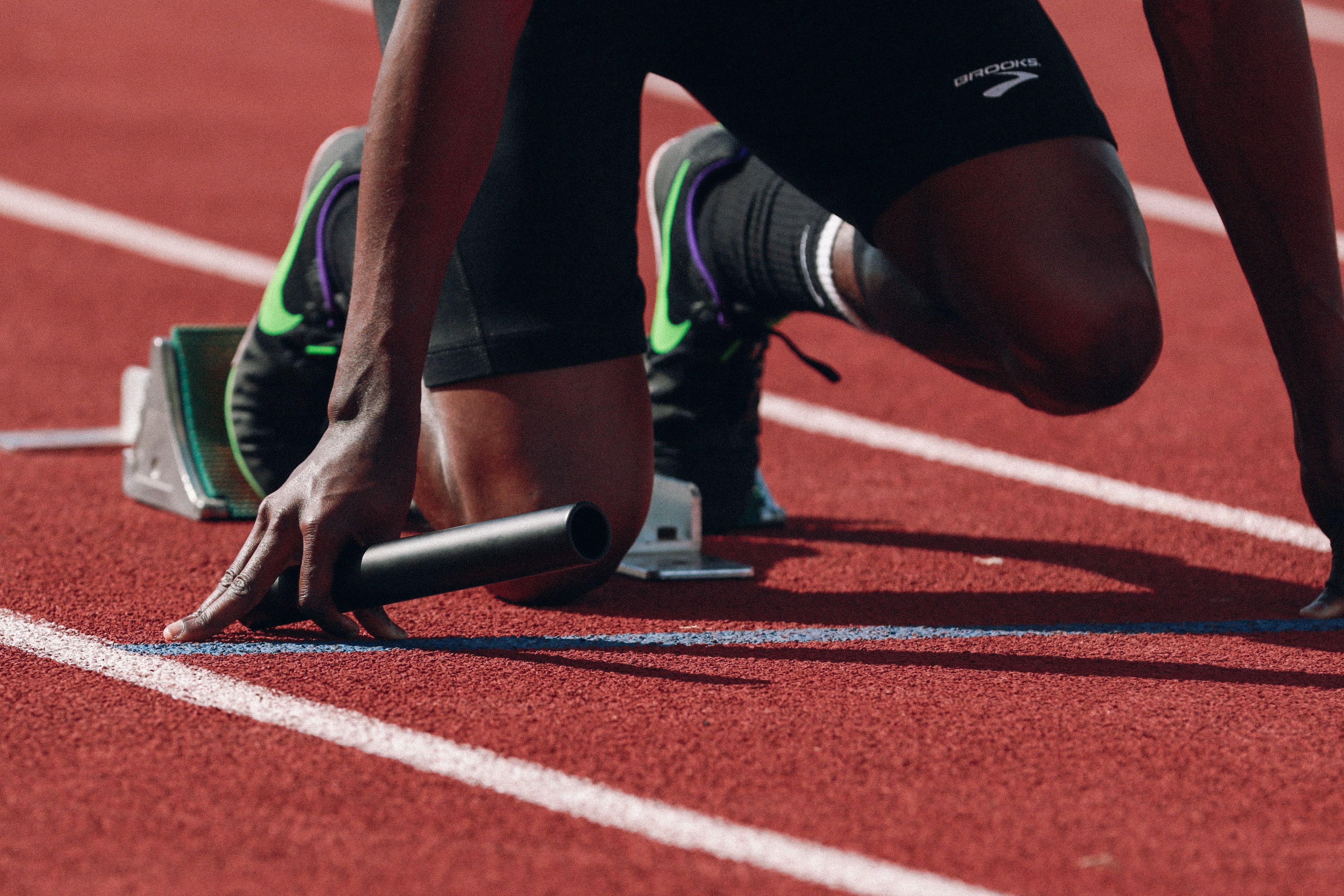The recent pandemic has brought about an abrupt ending to a considerable number of athletic careers. Given our previous look at “The Manner of Endings” – how might those athletes who have seen their competitive careers end on this unusual note make this transition in as healthy a manner as possible? By staying connected to those who understand the experience.
First of all, this is not a fair way to end one’s competitive career. There is no comforting way to look at it. This is something that is so unusual that applying conventional thinking isn’t really helpful. The circumstances are unique, as is the way through them.
One helpful distinction that we established in our previous post “The Manner of Endings” was the importance of remembering whether our ending came as a result of our own choices or from forces beyond our control. In that manner of thinking, things that we can’t control generally revolve around injuries, eligibility, or roster moves. In each situation, we come to the experience thinking that we still have the ability to play (to varying degrees, particularly with injuries) and yet the circumstances we encounter prevent us continuing. By centering our thoughts around the idea that our ending was not something about which we had any control, we can develop a healthier distance from our departure. Certainly, such an ending is not easier, but it is possible to distance ourselves from the experience.
In considering the impact of something as complex and widespread as COVID-19, we know that the cancellation of seasons and tournaments are well beyond our control, and that the global reaction to the pandemic is necessary. That said, our ability to compete is not inhibited directly – it is the scheduling of competitions or the resulting cancellations that are bringing about so many endings of competitive careers. A matter of such magnitude makes the endings understandable in a logical sense, but not necessarily easy to endure. This generation of athletes will share a unique brand of frustration, with no real source of relief except to be sure to stay connected to one another. Common experiences become a means of establishing connections, and from those connections comes a source of support. No one impacted by this manner of endings is truly alone.
Competitor Shift is founded on the idea that, as former competitive athletes, we can derive strength and support from others who have experienced the transition to life after sports. Our hearts most definitely go out to those who have seen their careers end this spring, and yet that group of athletes who will walk away together will be so unique as to be a system of support to one another as few other generations have. We are here to support one another, and those impacted by this experience should be deliberate in supporting one another as well.
For many athletes, this experience will inspire them to look for ways of continuing their competitive careers in whatever means may be available to them. Many organizations will allow for extended eligibility or rescheduling. The NCAA has offered an additional year of eligibility to spring athletes in US collegiate competition, and the Tokyo Olympics have been postponed to 2021. Hopefully there will be other groups to follow suit. We advocate this less as a matter of an overemphasis of sports in the larger sense, and more as a way to allow athletes the experience of concluding something that is such a profound part of thousands of individual lives. Ending competitive careers is difficult under most circumstances, but this is even more so. If athletes have the opportunity to wrap up their competitive careers in a positive and intentional manner, they should have the chance to do just that.
In many cases, athletes will continue on to compete. Some will move on, others will move up, still others will return for another round. Whether due to ongoing opportunities in the future, by extended collegiate eligibility, or by sheer force of will, many will be back for another try. It is in the nature of the competitor not to be easily deterred.
In the end, this is another of life’s challenges set before the competitive athlete. We are equipped to handle it, though doing so will not be easy. As always, we will be better served by staying connected to others who understand what we are going through. We are never completely alone.
